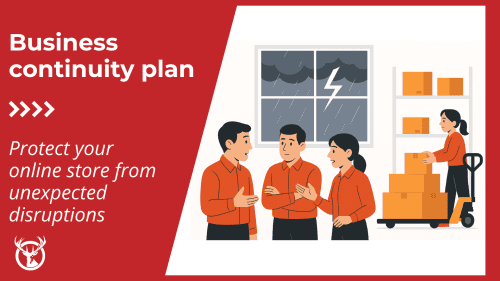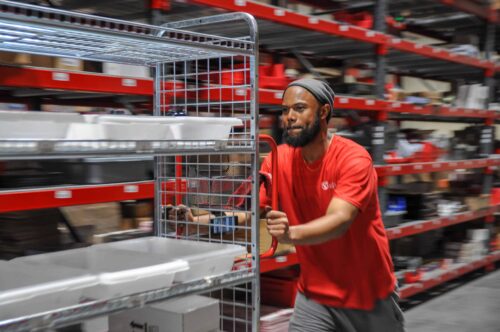Dropshipping is an eCommerce business model where the manufacturer handles warehousing and order fulfillment. That allows you to run your eCommerce business without holding inventory since you don’t buy an item from the dropshipping supplier until a customer makes a purchase from your online business. But what happens when a customer wants to return their order? You need a dropshipping returns policy.
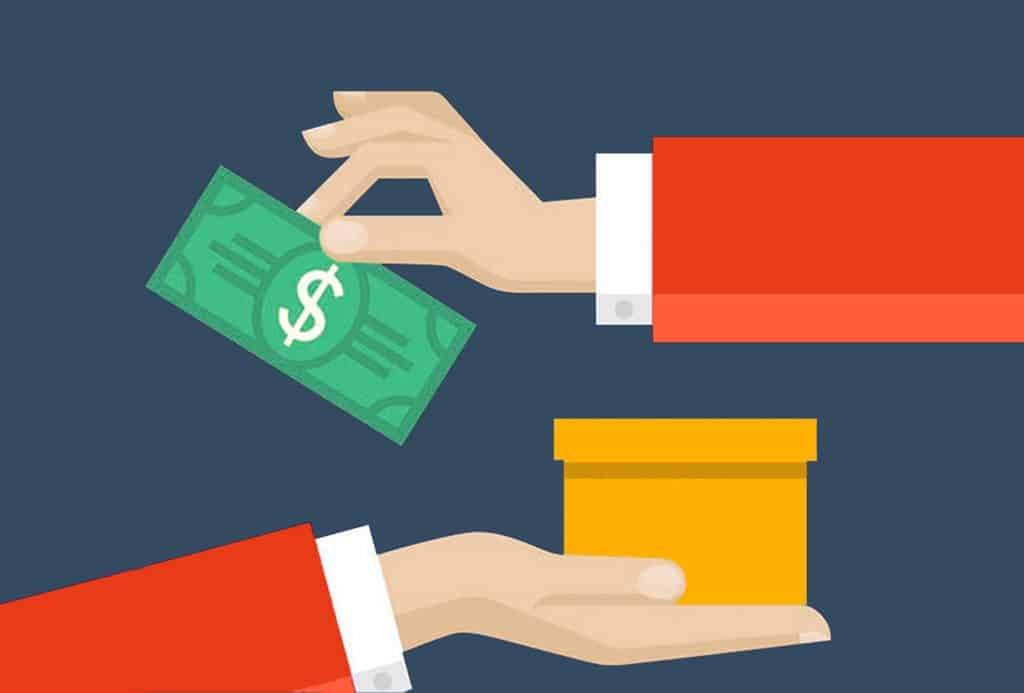
What is dropshipping?
When you run your online store with dropshipping, you create product listings for items you can source from dropship manufacturers. When someone places an order on your site, you relay that order to the manufacturer and purchase the products. The manufacturer handles eCommerce fulfillment and ships the order directly to your customer.
If dropshipping appeals to you, you aren’t limited to setting up a standalone eCommerce website. You can run a dropshipping business through a Shopify store, on Amazon, or via many eCommerce platforms.
Dropshipping can be a useful business model if you don’t have money to invest in inventory up front or if you run your eCommerce store as a side gig. The benefits of dropshipping include:
- The upfront costs are lower.
- You can list a broader range of products without investing in excess inventory.
- A dropshipping store never gets stuck with unsold merchandise.
- Dropshipping lets you try out new items with no risk.
- You don’t have to worry about warehouse space, inventory management, or fulfillment.
Of course, dropshipping also comes with some costs:
- The wholesale price for dropshipped products will be higher than if you pre-purchase inventory.
- The manufacturer’s warehouse might not be close to your customers, so the shipping costs can be higher.
- You don’t control your order fulfillment processes.
Plus, dropshipping returns can be more complex than regular eCommerce returns. Here’s what you need to know for dropshipping success.
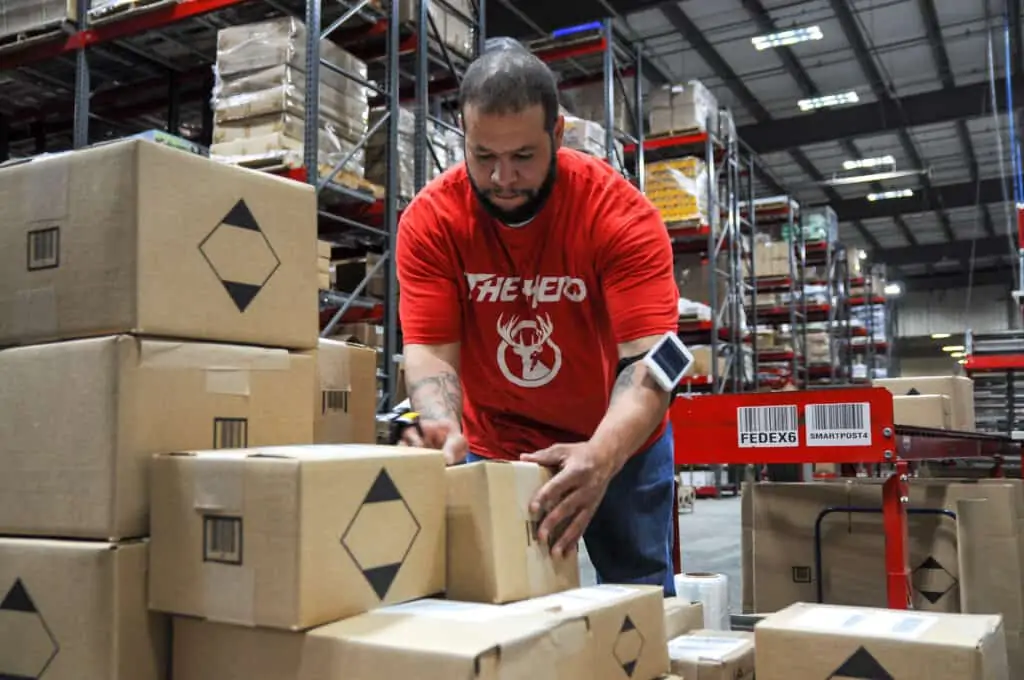
Does a dropshipping business need a return policy?
Returns policies are critical for eCommerce stores. Consumers want to know they can return items before they’re willing to make a purchase online, so a transparent and fair dropshipping returns policy can give people the confidence to buy from you. You’re probably losing sales if you don’t have a simple returns policy.
However, dropshipping returns are more complex than standard eCommerce returns, so you need to think ahead.
How to prepare for dropshipping returns in your online store
Your dropshipping returns policy is tied to the return policy of your manufacturer. Find out how your dropshipping supplier accepts returns and any limitations on product refunds. Manufacturers may levy restocking fees or other charges for returned items.
In addition, the timing of returns is linked to the manufacturer. If your supplier accepts returns for up to 60 days, you must give your customers 60 days or less, depending on how you handle dropshipping returns. Otherwise, you’ll be paying out of pocket for returned products.
If you use multiple manufacturers for your dropshipping business, you may have to contend with different return policies, but you should offer the same return arrangement for everything you sell. You’ll need to craft a return policy that meets the requirements of your strictest supplier.
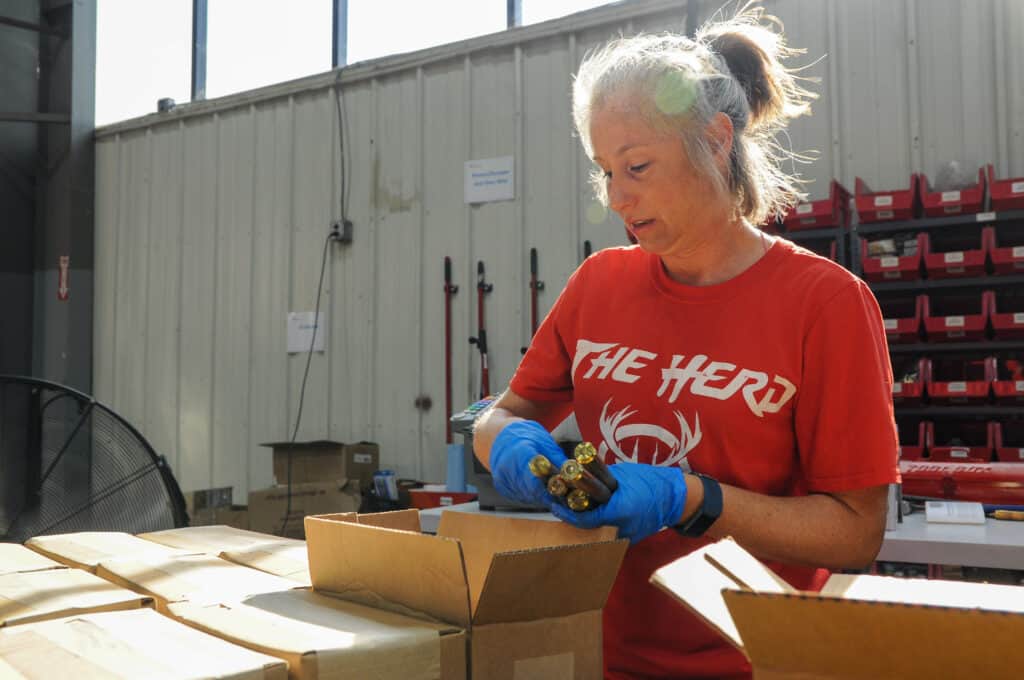
Two options for your dropshipping return process
You can either have dropshipping returns come back to you, or the return address can be the manufacturer. Here are the considerations for each approach.
Returns come to you
When you have your customer ship a return to you rather than your dropshipping supplier, you can directly assess the product’s condition. That will give you a clue as to whether the manufacturer’s fulfillment process is flawed or if the warehouse packed the product poorly, causing it to get damaged in transit.
Of course, if the return address is your business, you’ll have the work of repacking returned items and sending them to your supplier. But, even if you choose to have the manufacturer handle returns, you should direct a few returned items to your business. That way, you get firsthand knowledge of the return process that your customers will experience.
Another reason that you might want to have your dropshipping business as the return address is if you use multiple suppliers. A customer-facing dropshipping returns process requiring people to send different items to different suppliers could be confusing, and simplicity is the hallmark of a good returns policy.
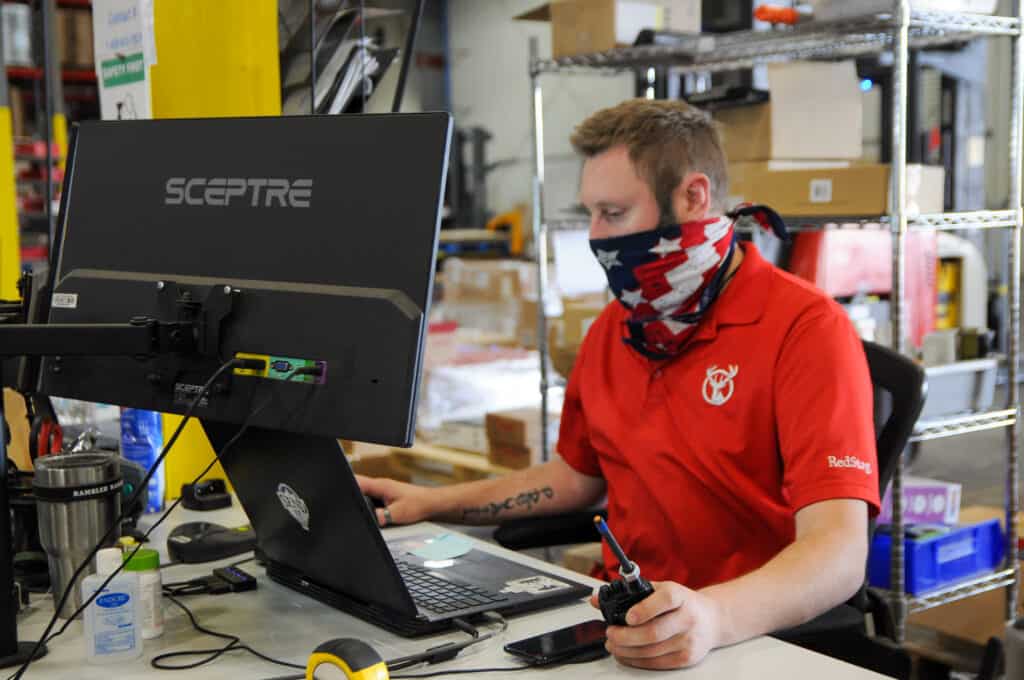
Return merchandise authorization to your dropshipping supplier
Still, you probably chose dropshipping because you don’t want to be hands-on with your product, so it might make sense to accept returns through your manufacturer. Here’s what to know before you implement direct dropshipping returns:
- The manufacturer’s return policies and any limitations on returns
- Whether you need to create return merchandise authorization documentation for returns
- Any manufacturer fees associated with returns
- How to cover return shipping fees for your customers so you can offer free returns
Your dropshipping business will still be the conduit for the return process. Customers will make refund requests through your dropshipping store, so you can ensure that the process is as painless and straightforward as possible.
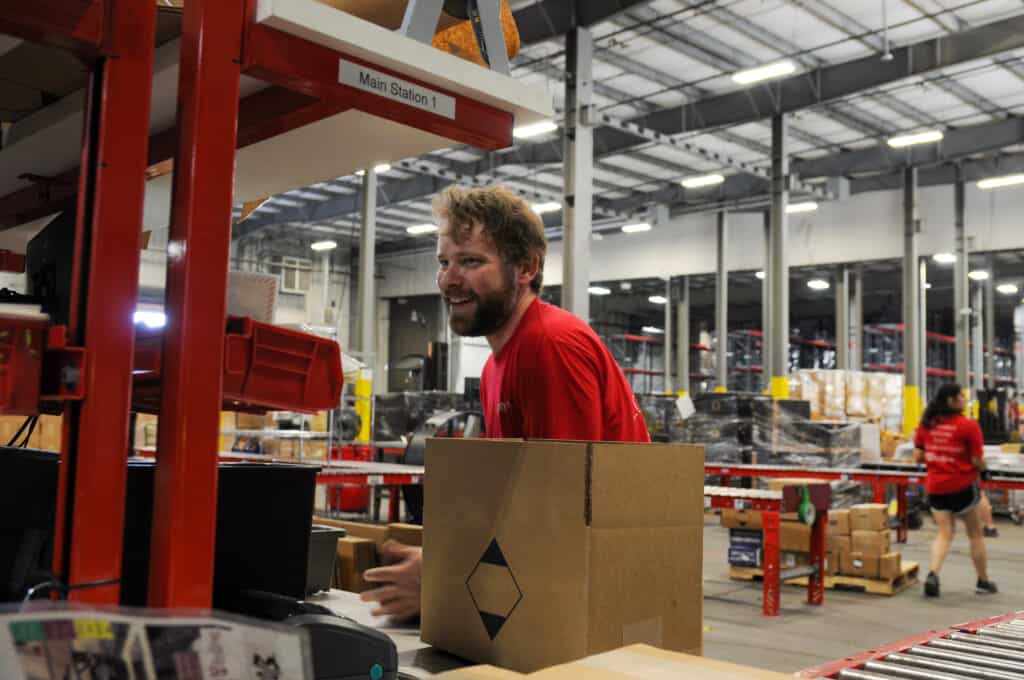
Additional considerations for dropshipping returns
In some cases, a dropshipping return could cost you money. For example, if a customer wants to return a $5 pair of socks, the return shipping costs plus the manufacturer’s restocking fee could add up to more than the cost of the socks. It might be cheaper to issue a refund and let them keep the socks. Plus, you save your customer the hassle of packing up the socks to send back, and that can generate goodwill toward your business.
Consider the same cost factors for exchanges, particularly if the original item was defective or damaged and can’t be resold. You might save money and build customer loyalty by simply sending your customer a replacement item.
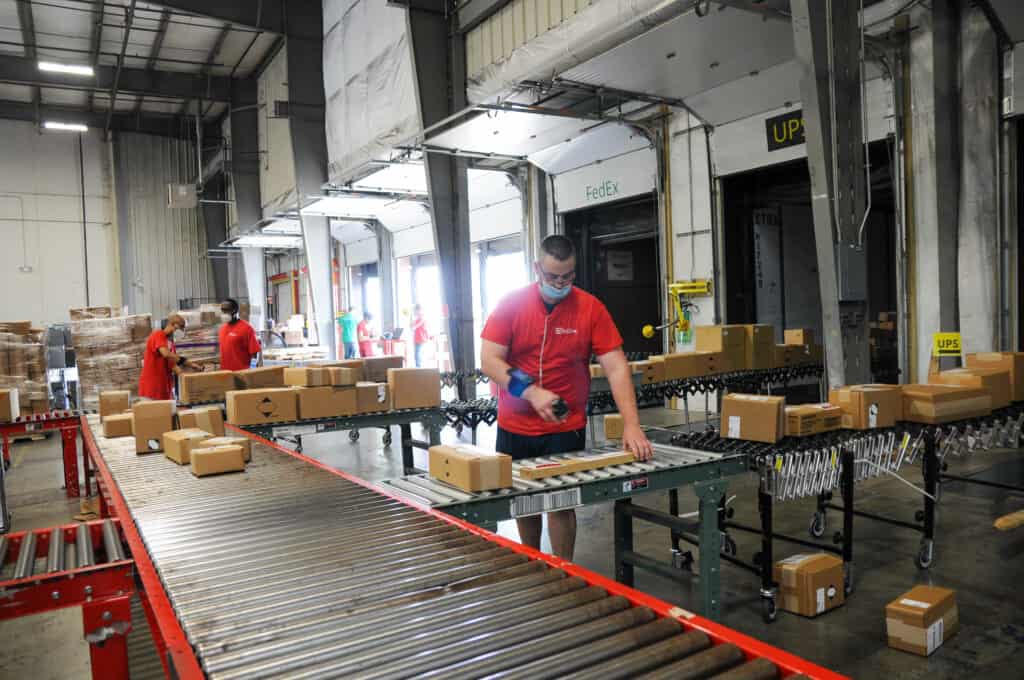
Is dropshipping right for your business?
A dropshipping business can be an excellent way to get started in eCommerce because your costs and risks are lower than in a traditional eCommerce business. However, the lack of control over fulfillment is a significant factor to consider when you choose a dropshipping business.
Accurate fulfillment is a crucial but often overlooked factor in creating lifelong customers and repeat sales. If you use a 3PL instead of choosing a dropshipping business, these are just some of the benefits:
- You control all aspects of your fulfillment. The 3PL can ship orders in branded boxes to enhance your marketing, or you could have a note or discount coupon added to each order. And most crucially, you can work with your 3PL to ensure that your merchandise gets packed properly, so it arrives in perfect condition.
- You can choose a 3PL with warehouses close to your customers or well-situated for national fulfillment. That will allow you to save on shipping costs and reduce shipping delays. And you’ll save money on return shipping costs as well.
- Your profit margins will be larger because you can find better wholesale prices when you pre-purchase than when you work with dropshipping suppliers. If you sell popular products that move quickly, the dropshipping business model might not be the best choice for your business.
- The dropshipping business model limits your choice of suppliers and products (though there is a wide variety of dropshipping suppliers to choose from). With a traditional online business, you can sell white-label products with your logo to build your brand, and you can break new ground by designing unique items.
If you’re ready to work with a 3PL, Red Stag Fulfillment is ready to talk with you.
More about dropshipping returns:
- The Complete Guide to Dropshipping
- ECommerce Returns and Refunds: Best Practices
- Dropshipping vs. Amazon FBA: Which Is Better?







